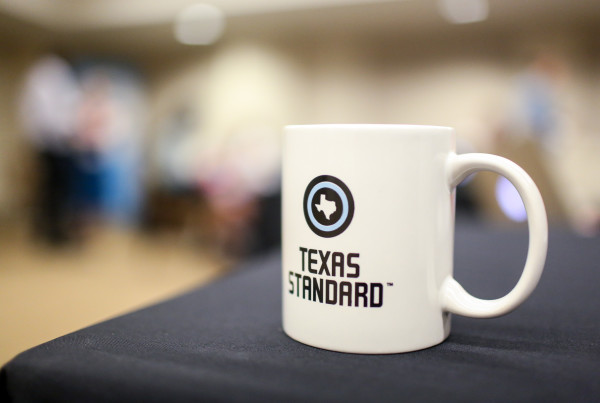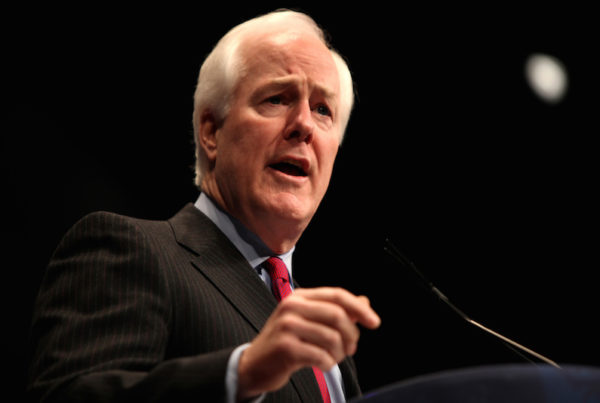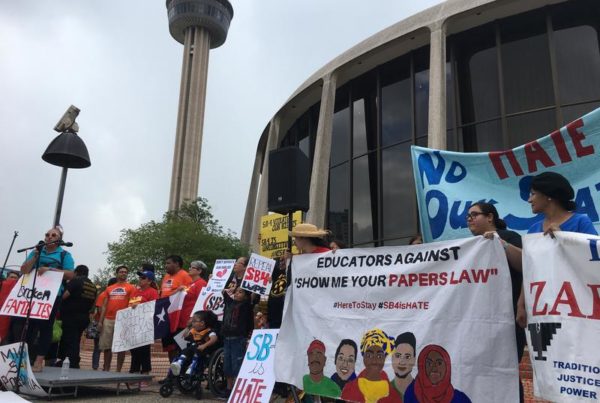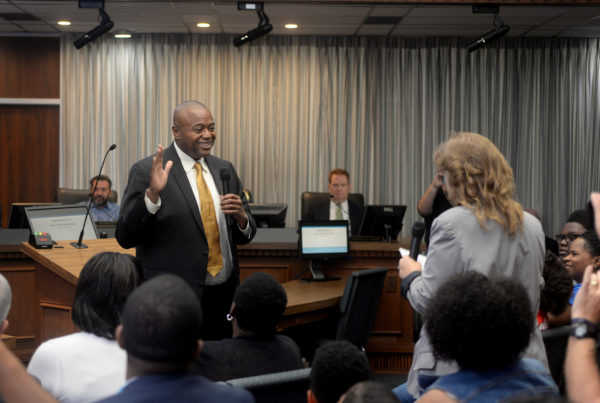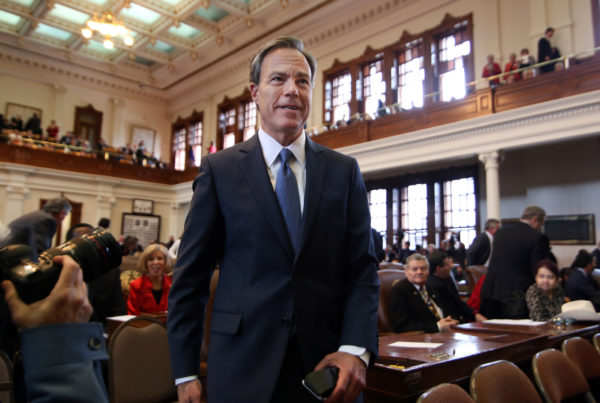There aren’t many restraints on the life-tenured Supreme Court justices, but they are bound by traditions, one of which is to wrap up their work for the year by the end of June. This week, the Supreme Court will release its final orders of the term before the justices begin their long summer break.
It’s not so much the cases formally decided in the final weeks of this term, however, that are grabbing headlines. Instead, the cases the court will take up when it reconvenes in October are getting attention.
The Supreme Court announced today that it would consider whether President Donald Trump’s revised travel ban was constitutional, a decision that could have huge implications on the scope of presidential power.
In the meantime, the court will allow a limited version of the ban to take effect.
The justices said that foreigners from the six mostly Muslim countries who have some connection to the U.S. would be able to enter the country.
“If it’s a relative of a U.S. citizen or a relative of a lawful permanent resident, or if it’s somebody who’s been accepted to a university or is coming over for a speech, the Trump administration has to let them in despite the ban,” says Charles “Rocky” Rhodes, a law professor at South Texas College of Law Houston.
But those applying for visas who have never been to the U.S. or who have no family, business or academic ties, can be prohibited from entering.
“The court was really concerned here with the scope of the injunction that the lower courts had entered, not whether Trump was acting lawfully or not in entering the executive order,” Rhodes says.
The Trump administration never asked for an emergency briefing schedule on the travel ban, so Rhodes says the court will decide the case “in an ordinary due course.”
Two years to the day after the Supreme Court decision legalizing same-sex marriage, the court announced it will decide whether a Denver baker unlawfully discriminated against a gay couple by refusing to sell them a wedding cake.
“This has been a challenge that has been happening over and over again across the county when individual businesses have said that they do not want to provide services to same-sex marriages,” Rhodes says. “So far these have been repealed and rejected by the courts, but the U.S. Supreme Court has decided to wade in itself on this issue, and it’s going to have huge implications going forward with respect to this conflict between religious liberty and marriage equality.”
Rhodes says a ruling in favor of the baker could give support to House Bill 3859, which Gov. Greg Abbott signed into law June 15. The bill allows Texas child welfare providers to deny adoptions and other services to children based on their religious beliefs.
“If the cake case ends up going in favor of the baker, then the Texas law is not only constitutional, it’s almost constitutionally required to be able to give religious-affiliated institutions that opt out,” he says.
The new orders also give insight into the political leanings of Justice Neil Gorsuch, the newest member of the court.
“Based on the orders that came out today, he is definitely taking his position to the right of Chief Justice Roberts,” Rhodes says. “He is very closely aligned it seems with Justices Thomas and Alito. And so he really is moving into the position on the court spectrum that was previously held by Justice Scalia, who of course is who he replaced.”
Rhodes says Gorsuch’s nomination hasn’t changed the ideological balance of the Supreme Court.
“He’s definitely going to be a voice for the more conservative wing of the court,” he says.
Written by Molly Smith.





